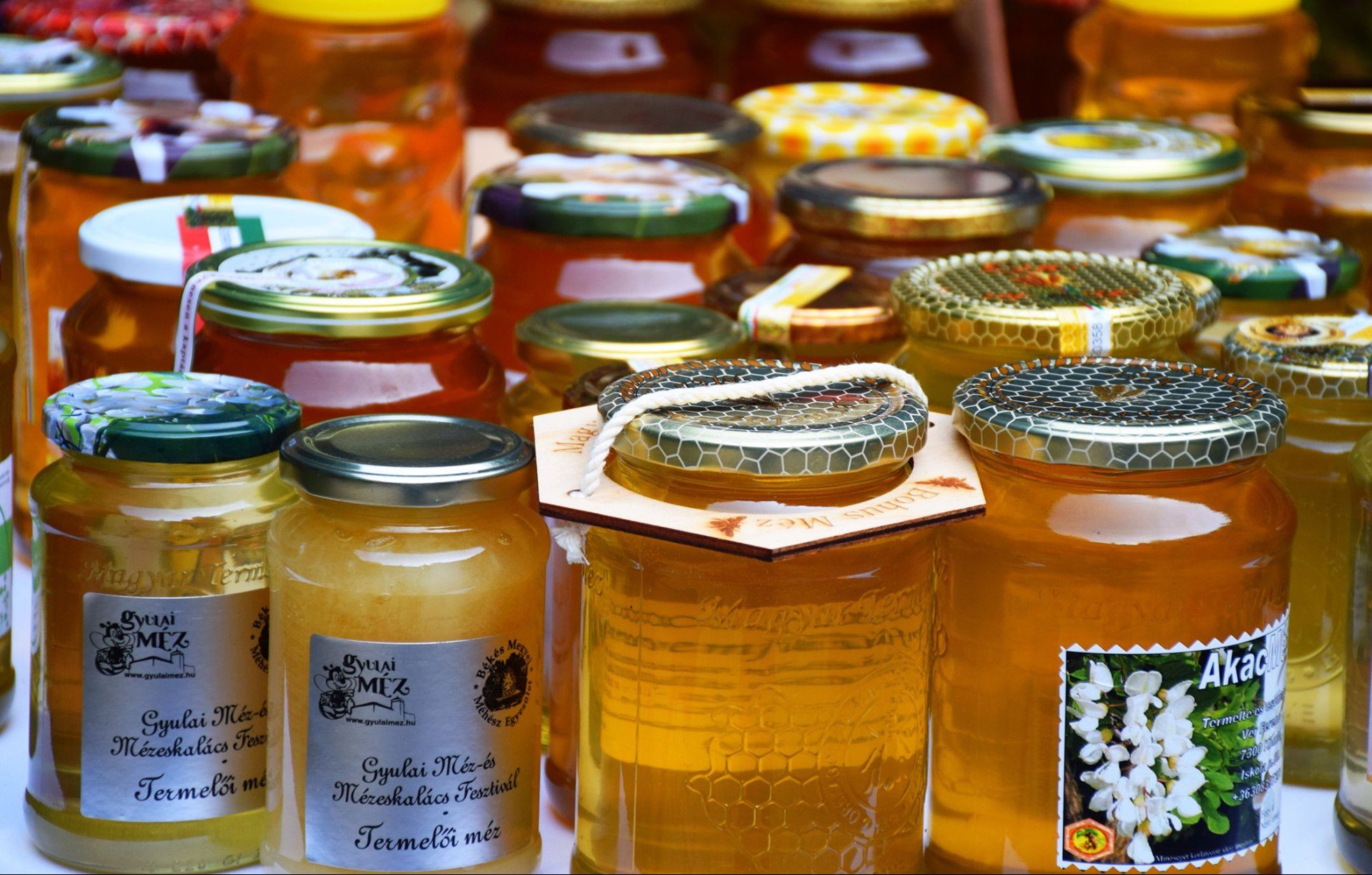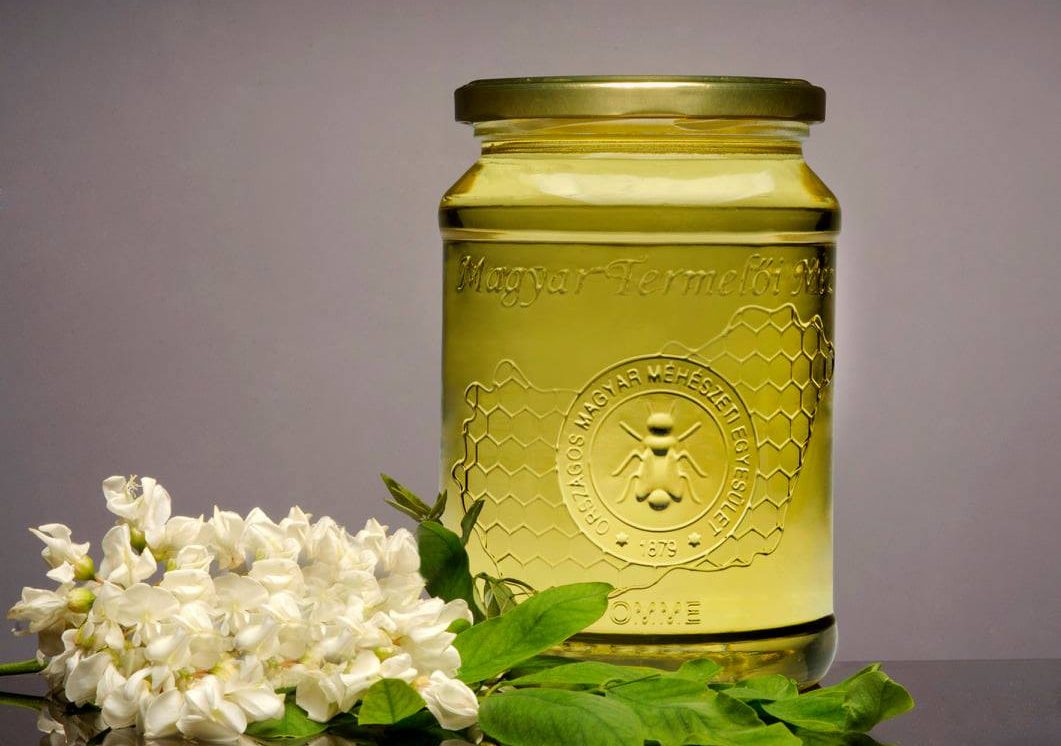
In line with Hungary's objectives, all countries of origin will have to be indicated on the labels.Continue reading

The issue at stake is the European import of honey of Chinese origin and not from Ukraine, as highlighted by a member of the board of the Hungarian Honey Producers’ Association.
Ferenc Fulmer pointed out that despite the ban on Ukrainian honey imports, there has been no noticeable impact on increasing purchase prices. He further elaborated that Hungarian beekeepers predominantly sell a substantial portion—around 70-80%—of their honey in EU markets, with honey from non-domestic sources making up 5-10% of Hungarian trade.
The decline in honey purchasing prices from HUF 1,200 (EUR 3.05) per kilogram to HUF 600 (EUR 1.52), falling below the cost price, is primarily attributed to the increasing influx of Chinese honey into European markets.
Mr. Fulmer explained that the majority of Hungarian honey is sold within the EU, with prices there influencing domestic purchasing prices.
Furthermore, he highlighted the unique circumstances wherein it is not economically advantageous for honey packers to purchase honey from Ukraine compared to Hungarian producers. This situation has led Hungarian beekeepers with marketable quantities to hold onto their product, expecting higher prices than those dictated by the EU market.
Importantly, Mr. Fulmer emphasized the potential devastation Hungarian producers could have faced due to the ban on Ukrainian honey imports, as they would have been deprived of raw materials. Unlike packers in other countries unaffected by the ban, who could freely market Ukrainian honey, Hungarian ones would have been at a significant disadvantage. However, with the ban lifted, Hungarian producers have been spared from potential ruin, as their competitors did not seize their markets.
Via MTI; Featured Image: Fcebook / Országos Magyar Méhészeti Egyesület OMME